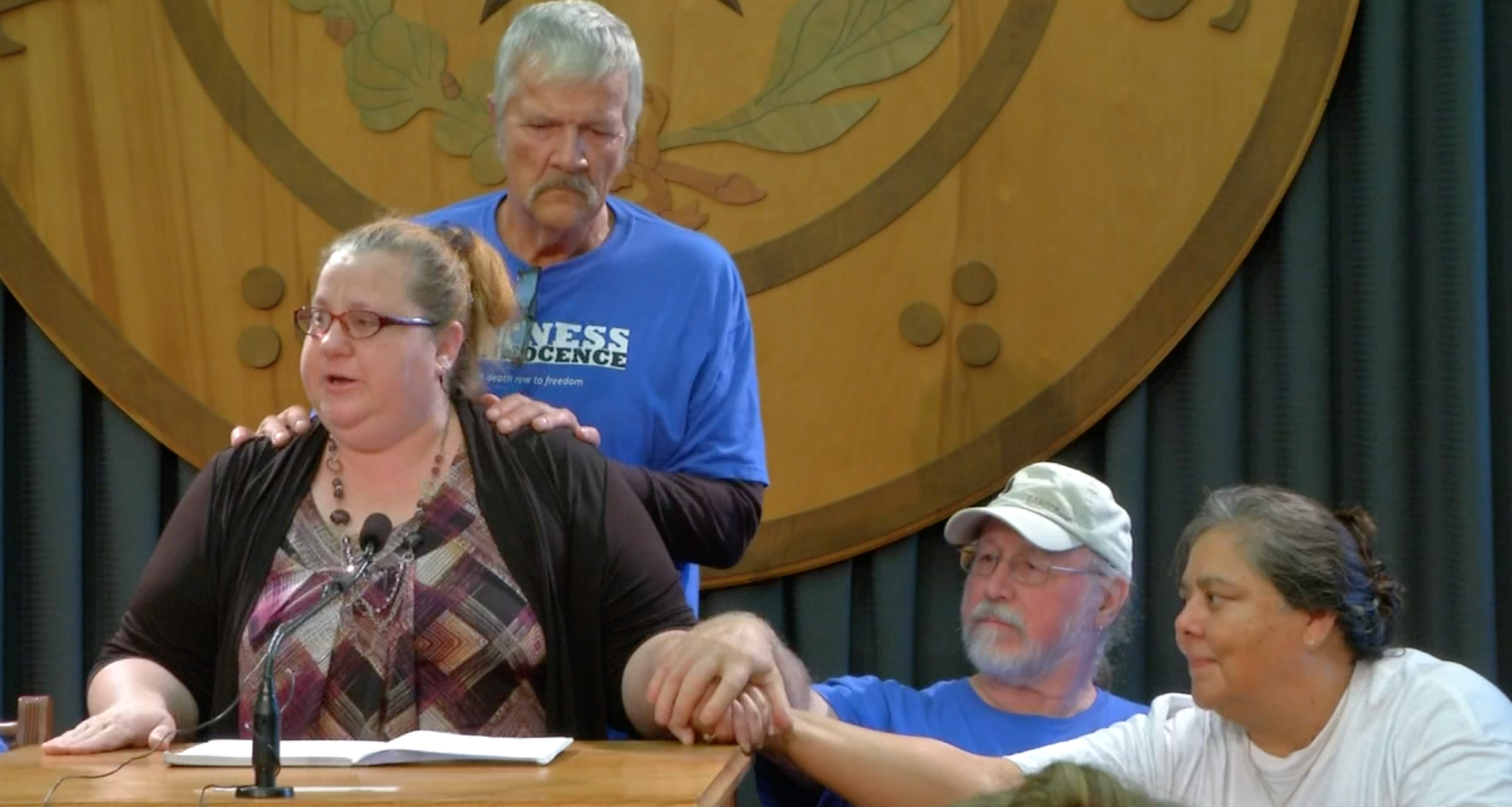Joseph Trigilio and Tracy Casadio, both Deputy Federal Public Defenders in California wrote the following article, “Executing Those Who Do Not Kill.”
The authors argue that the U.S. Supreme Court’s decision in Tison v. Arizona (1987) should be overturned. Tison allows the death penalty for certain non-triggermen if the defendant was a major participant in the underlying felony and acted with a reckless disregard for human life. According to the law review, the analysis in Tison has been overturned in other cases, “Tison leads a trilogy of cases, including Stanford v. Kentucky and Penry v. Lynaugh, that represent a sharp break from a tradition of careful scrutiny on proportionality that considers both objective and subjective criteria in determining whether a certain category of defendants is constitutionally eligible for a death sentence.” Both Stanford and Penry have been overturned, and the authors maintain that, “under the proportionality analysis articulated in Atkins v. Virginia, Roper v. Simmons, and Kennedy v. Louisiana, the contemporary ‘standards of decency’ require a further narrowing of death penalty eligibility for those who do not kill nor intend to kill.” The article concludes, “In 2009, the Court cemented the new proportionality paradigm in Kennedy, expressly basing its analysis on the framework of Roper, Atkins, Coker, and Enmund. In so doing, the Court abandoned Tison’s analytical framework as no longer authoritative. The time has come to overturn Tison and to bar the execution of felony-murder accomplices who neither kill nor intend to kill.”
